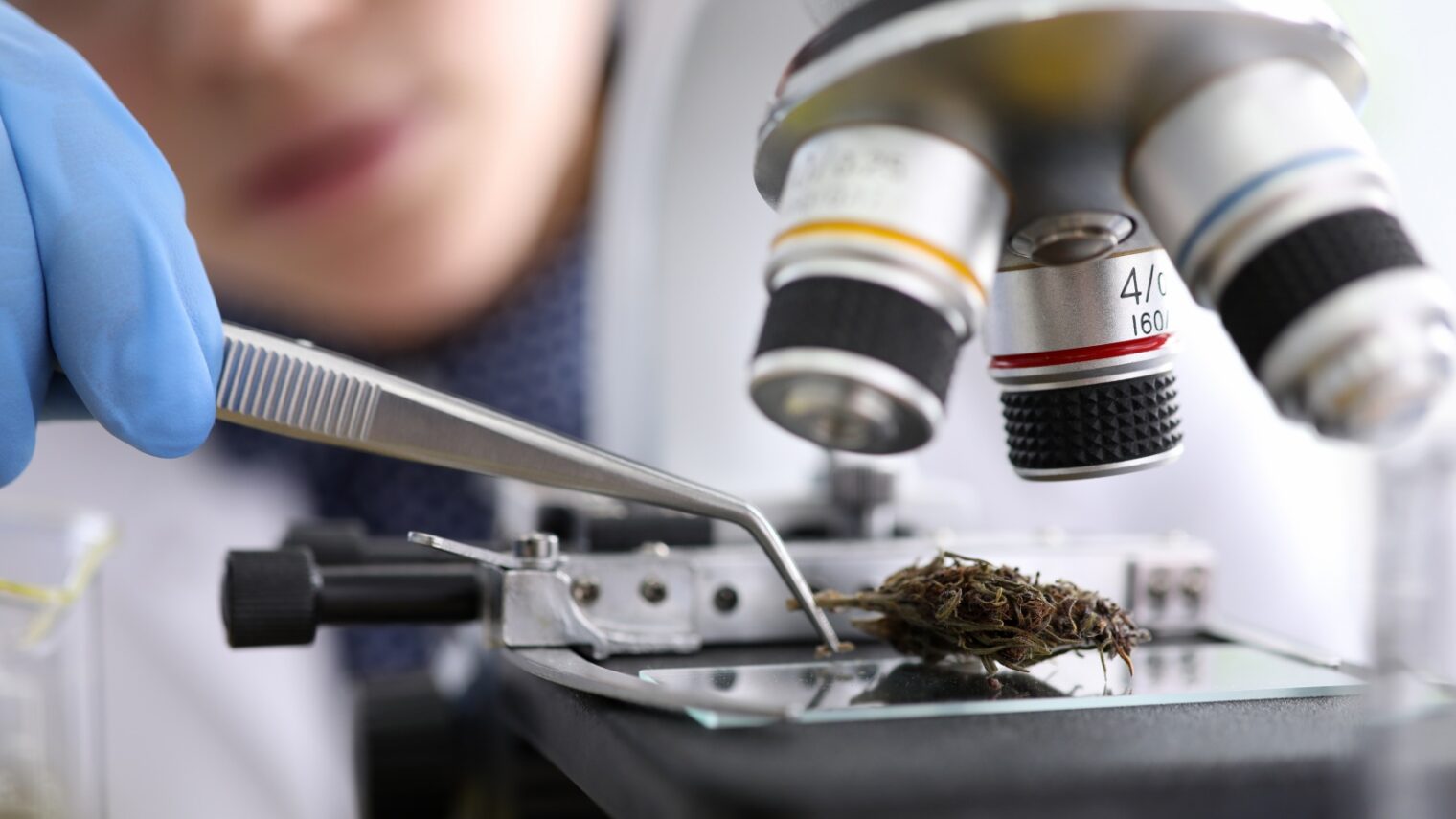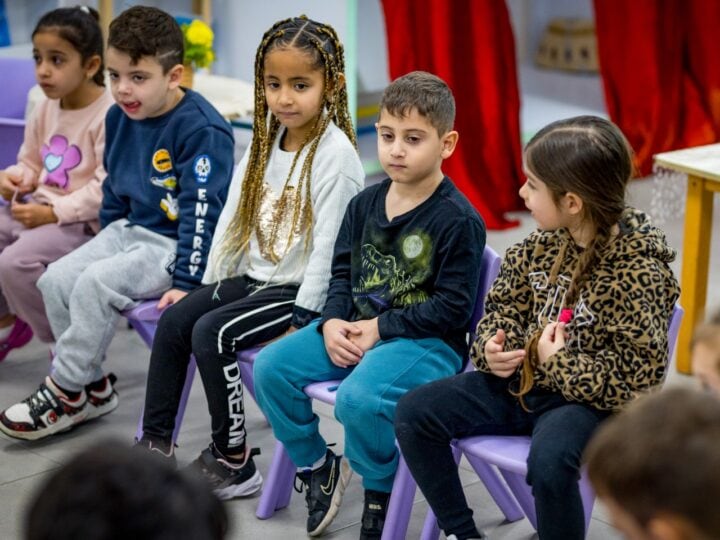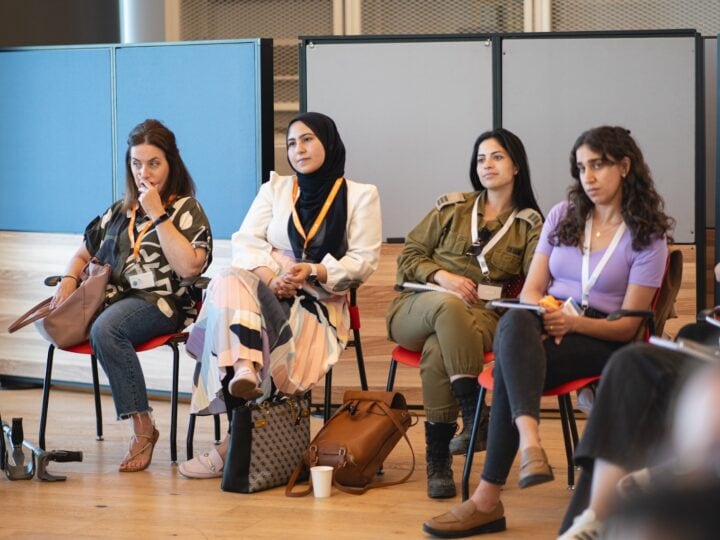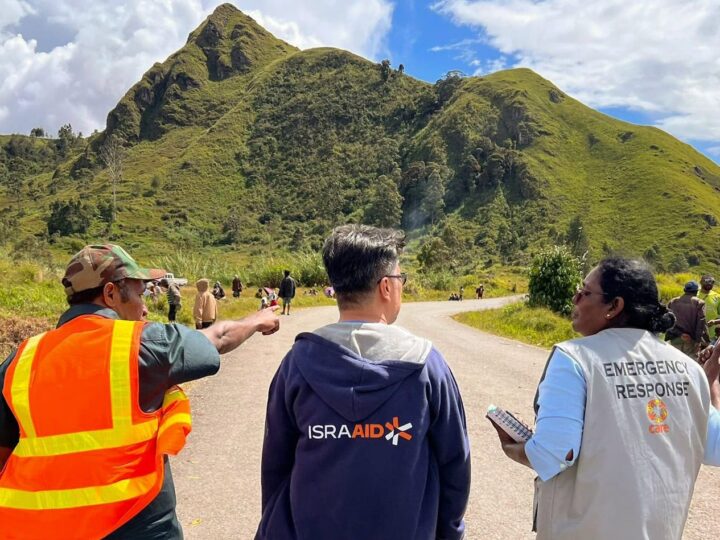More than a quarter of North Americans buy cannabis products as a botanical remedy for anxiety, pain and other health-related purposes. In 2021, some $5 billion worth of wellness products containing the CBD (cannabidiol) cannabis compound alone were sold worldwide.
And where do most people get information on medical cannabis? From online sources. Across the world, healthcare providers have little or no training in medical cannabis to help them advise patients.
“The vast majority of students in medicine and allied health tracks have no evidence-based or supervised field education on risks and benefits to patients, the effects of different cannabis strains, delivery methods, correct dosing and monitoring strategies,” says Prof. Richard Isralowitz, founding director of the Ben-Gurion University Regional Alcohol and Drug Abuse Research (RADAR) Center.
Caught with their pants down
“Doctors have been caught with their pants down. This substance is already available to the public and we’re playing catchup,” says Dr. Leslie Mendoza Temple.
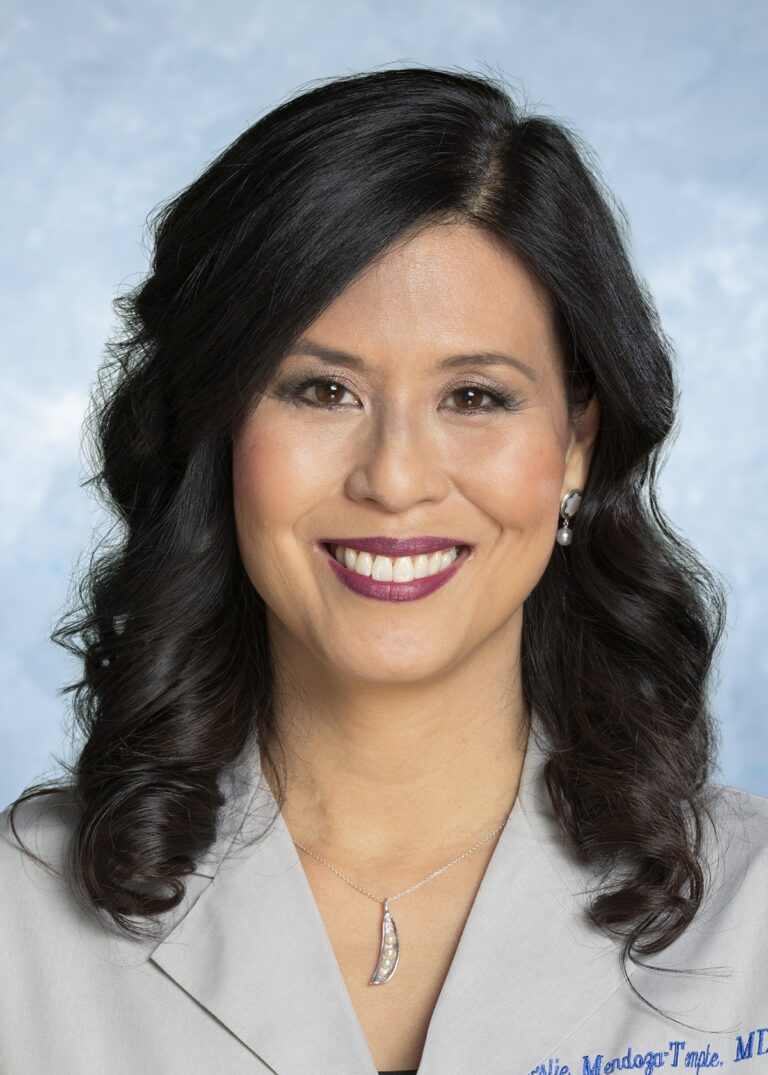
Temple is medical director of the Integrative Medicine Program at NorthShore University Health System and clinical associate professor of family medicine at the University of Chicago Pritzker School of Medicine.
“If we bring a drug to market, it goes through a traditional route of trials before getting incorporated into practice,” she says.
“With cannabis, a substance in use for thousands of years, most of the scientific information we have is about its risks rather than its therapeutic potential.”
Isralowitz and Temple are part of an Israeli and American team launching the Medical Cannabis Education Development Program to fix this unhealthy situation by developing curriculums for medical and allied health professions schools worldwide.
Rabbit holes
They researched medical cannabis professional education in Israel, the United States and several European and Asian countries in cooperation with Dr. Mikhail Kogan from GW Center for Integrative Medicine and George Washington University School of Medicine in Washington, DC, and Dr. Yuval Zolotov from the Albert Einstein College of Medicine in New York.
The four colleagues guest-edited a special issue of the journal Complementary Therapies in Medicine examining beliefs, knowledge and educational needs related to medical cannabis among students of medicine and allied-health professions.
They presented their research last year at the 6th International Medical Cannabis Conference in Tel Aviv and at the International Congress on Integrative Medicine and Health in Phoenix, Arizona.
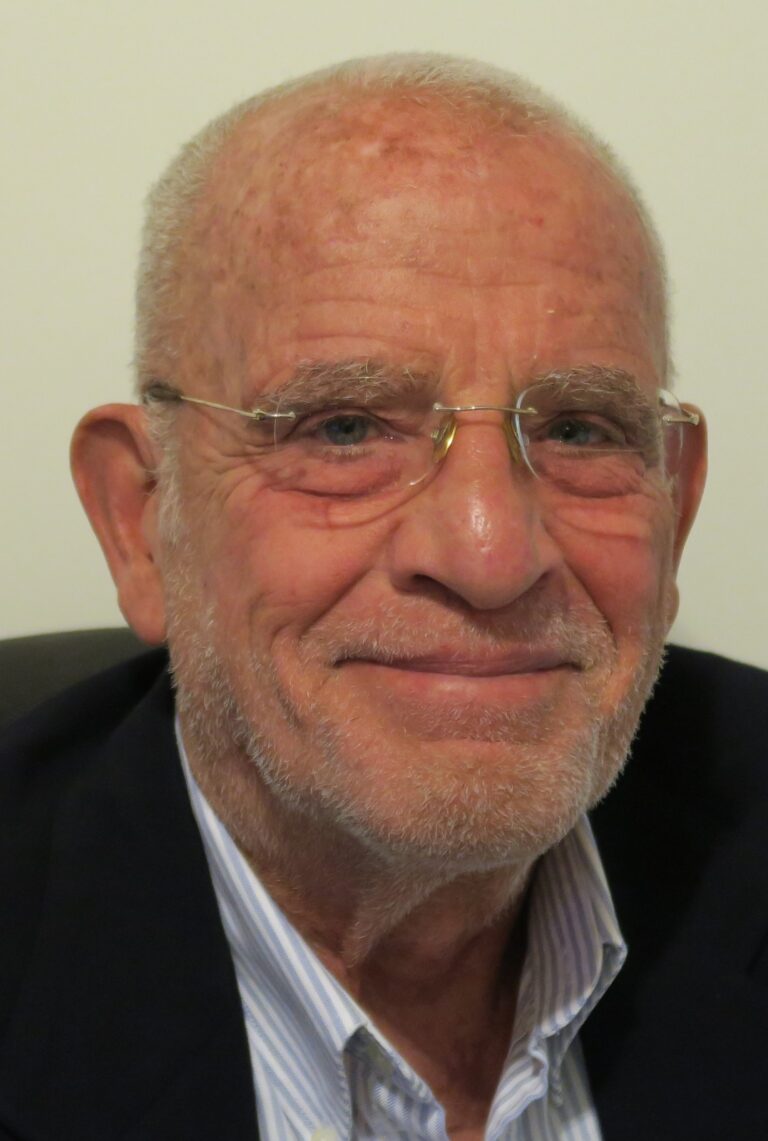
“Right now, there is no consistency across countries,” Isralowitz tells ISRAEL21c.
In all eight countries surveyed, says Temple, “students want to know about medical cannabis, but the faculty doesn’t know enough to make a curriculum except on topics of abuse.”
Many health educators regard cannabis “as a ‘messy’ substance with many components – phyto-cannabinoids and terpenes — unlike a single-ingredient drug. The other challenge is how you and I could take the same cannabis dose and have different responses,” says Temple.
“This makes it a subject full of rabbit holes that people don’t want to go down.”
Cradle of cannabis research
That’s why Israel’s leadership in the MCED program is essential, Temple says.
“Having the RADAR Center involved lends an international perspective from a country that is forerunning in the field of medical cannabis,” she says.
Indeed, Israel is the cradle of cannabis research. In the 1960s, Prof. Raphael Mechoulam first isolated, named and synthesized the plant’s potent compounds such as CBD and THC.
Mechoulam’s protégé, Prof. Yossi Tam of the Hebrew University of Jerusalem’s Multidisciplinary Center for Cannabinoid Research, recently launched a virtual 13-session course, EduCann, in English and Spanish for practicing medical professionals.
However, research efforts in the United States have historically been stymied due to the federal government’s classification of cannabis as an illegal substance with no currently accepted medical use and high potential for abuse.
The ideal curriculum
Meanwhile, “We are working with about 20 international experts, including representatives of the US National Institutes of Health, to define medical cannabis competencies for clinical and educational purposes,” says Isralowitz.
“We are working toward a uniformity of competencies that will be relevant across multiple disciplines involving physicians, nurses, pharmacists, social workers, psychologists and others.”
“When we find out what competencies we all agree on,” adds Temple, “we will propose a curriculum that will be adapted to schools of medicine, nursing, social work and others, and that will change over time as new evidence becomes available.”
The ideal curriculum, she says, will teach the basics about:
- The body’s endocannabinoid system, which acts as a receiver for phyto-cannabinoids
- Evidence-based therapeutic uses for cannabis
- The chemical components of the cannabis plant
- The “entourage effect” – how some cannabis compounds may modulate the psychoactive THC compound
- The history of cannabis in social and political contexts
- Possible risks, such as addiction and impaired driving
- Use in children and pregnant women
- How and when to recommend cannabis to patients
Isralowitz says BGU’s RADAR Center will consider refining and testing the curriculum with universities domestically and abroad. International versions could be tailored to each country’s culture and regulatory realities regarding cannabis.
Immediate necessity
Developing a curriculum is one challenge; another is getting it implemented.
“There are so many competing interests for medical students’ attention,” says Temple.
As a result, the bulk of classroom time is devoted to what students need to pass their boards. Even attempts to put nutrition on the curriculum have largely failed.
“We’re fighting against old structures, and something has to give to get medical cannabis on a curriculum.” she says. “Maybe cannabis has more urgency, with so many people using it and having adverse effects.”
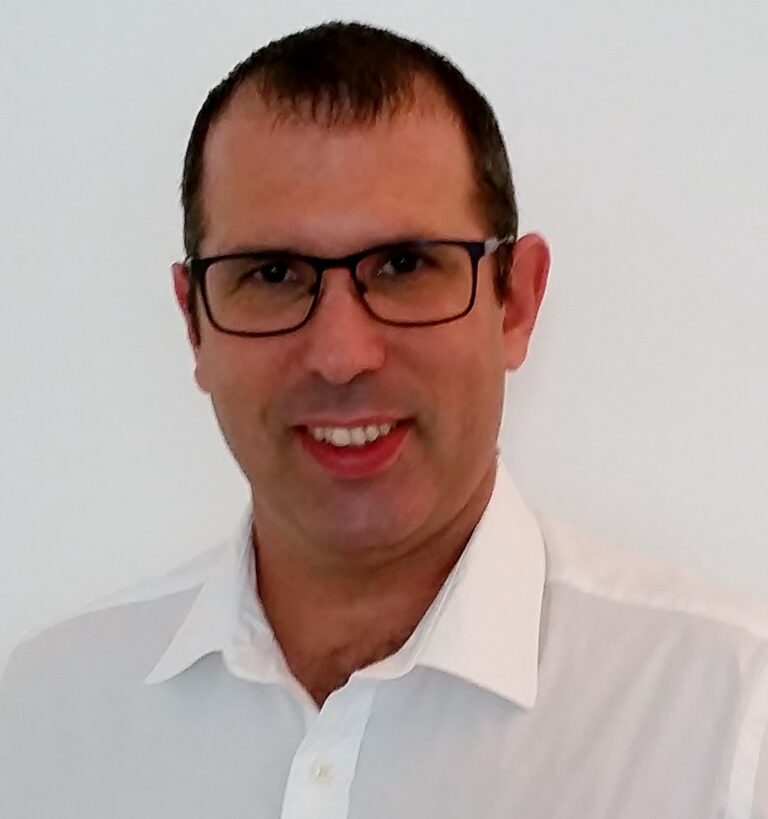
“There is an immediate necessity to develop curriculums adapted to the needs of each country and profession,” agrees Offer Edelstein, a senior lecturer at BGU’s Spitzer Department of Social Work.
Edelstein has published several studies on the attitudes of medical students and social-work students toward medical cannabis in general and for specific indications.
“Our research shows that there are tremendous gaps in knowledge,” says Edelstein, who emphasizes the pioneering role of Isralowitz and RADAR in such research.
With support from Drs. Toby and Mort Mower of Denver, Isralowitz and RADAR researcher Alexander Reznik have published studies on medical cannabis education with colleagues from Rutgers University in New Jersey, the University of Chicago, George Washington University and universities in Europe and Asia.
‘Patients will push the agenda’
Edelstein says that although 85-97% students in health professions say they have no formal education about medical cannabis, most consider it effective for treating Alzheimer’s, Parkinson’s, epilepsy and pain-related conditions like cancer.
“In some cases they are correct — at least in chronic and cancer-related pain — based on research. But for other diseases the data is not so clear,” he says.
Kogan says the lack of consistency in patient counseling about medical cannabis illustrates the urgency of the Medical Cannabis Education Development Program.
“Differences in knowledge are so large that you can go from ‘I don’t know and am strongly against it’ all the way to ‘Sure, I’ve prescribed it to hundreds of patients and here’s how the process works.’
“I have no doubt this will change,” adds Kogan. “Medical cannabis as a field is growing rapidly with so many patients asking their doctors to work with them on this issue. Public interest will push the agenda forward and curricula will be created. I just don’t know how long it will take.”
Isralowitz sums up: “We don’t have all the answers yet. But we have to start finding ways to deal with curriculum standardization now.”




